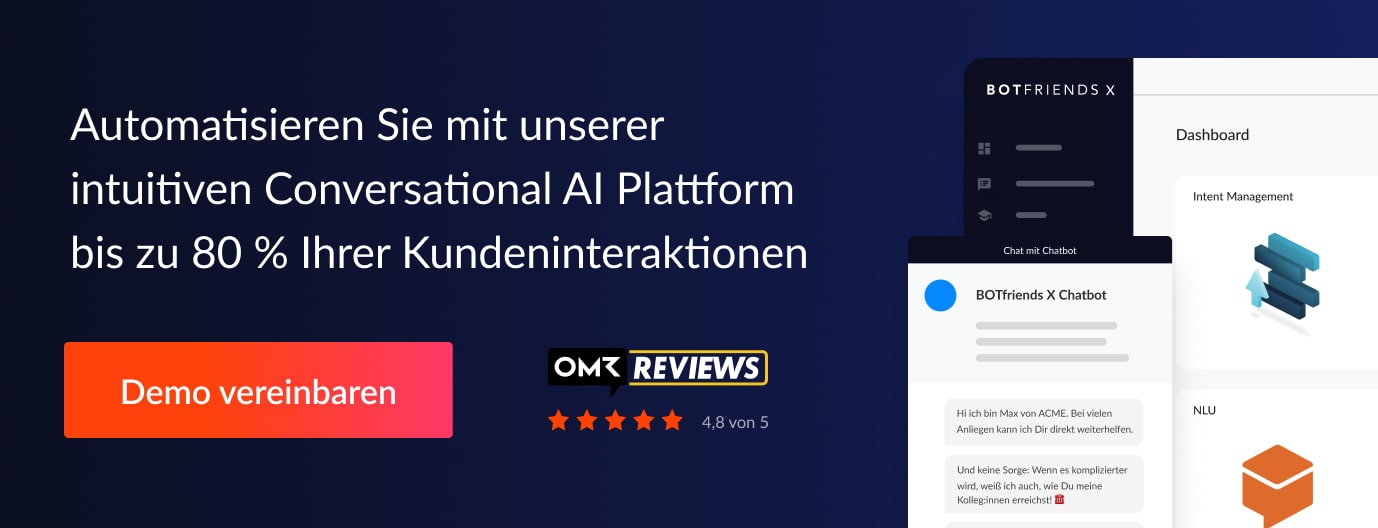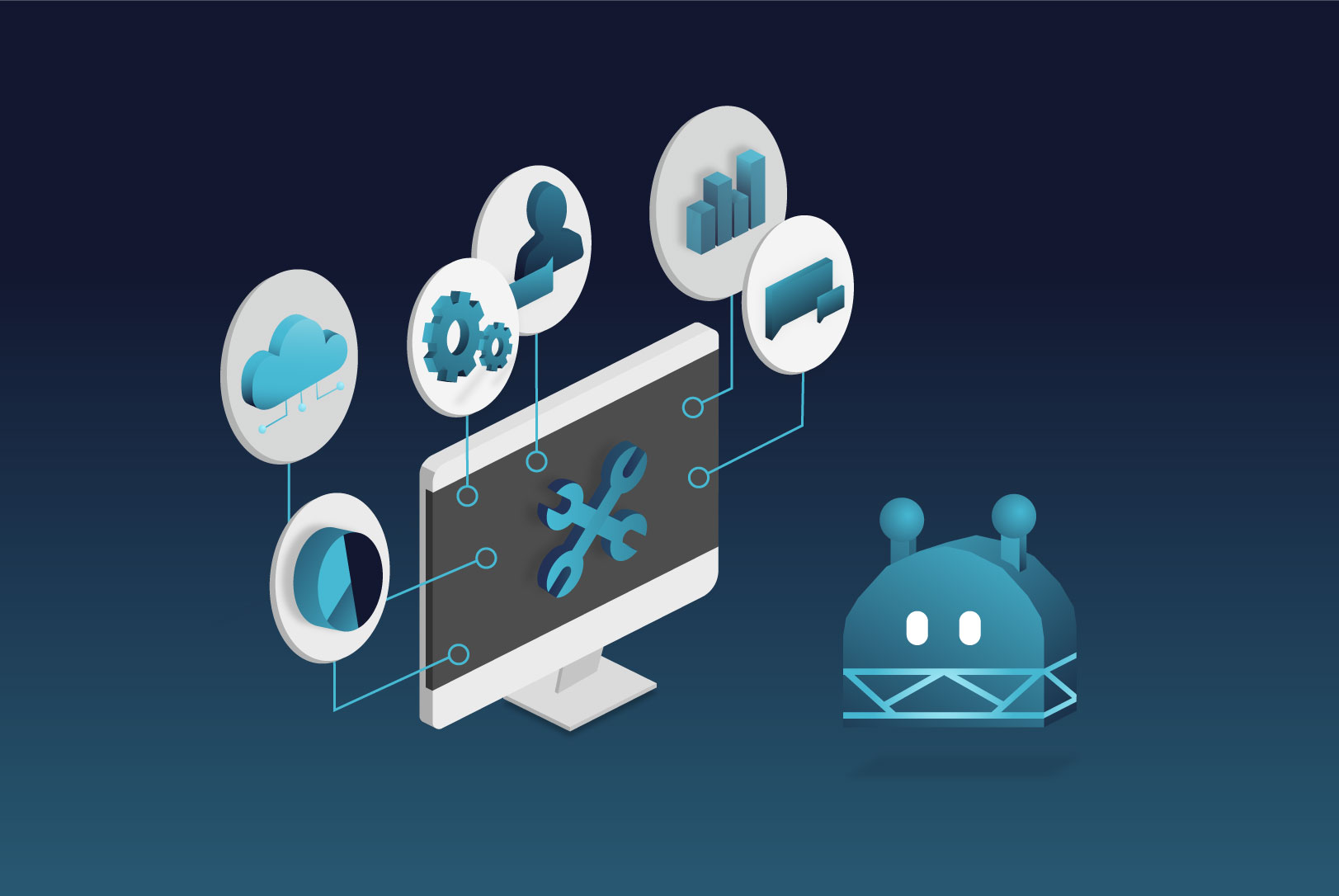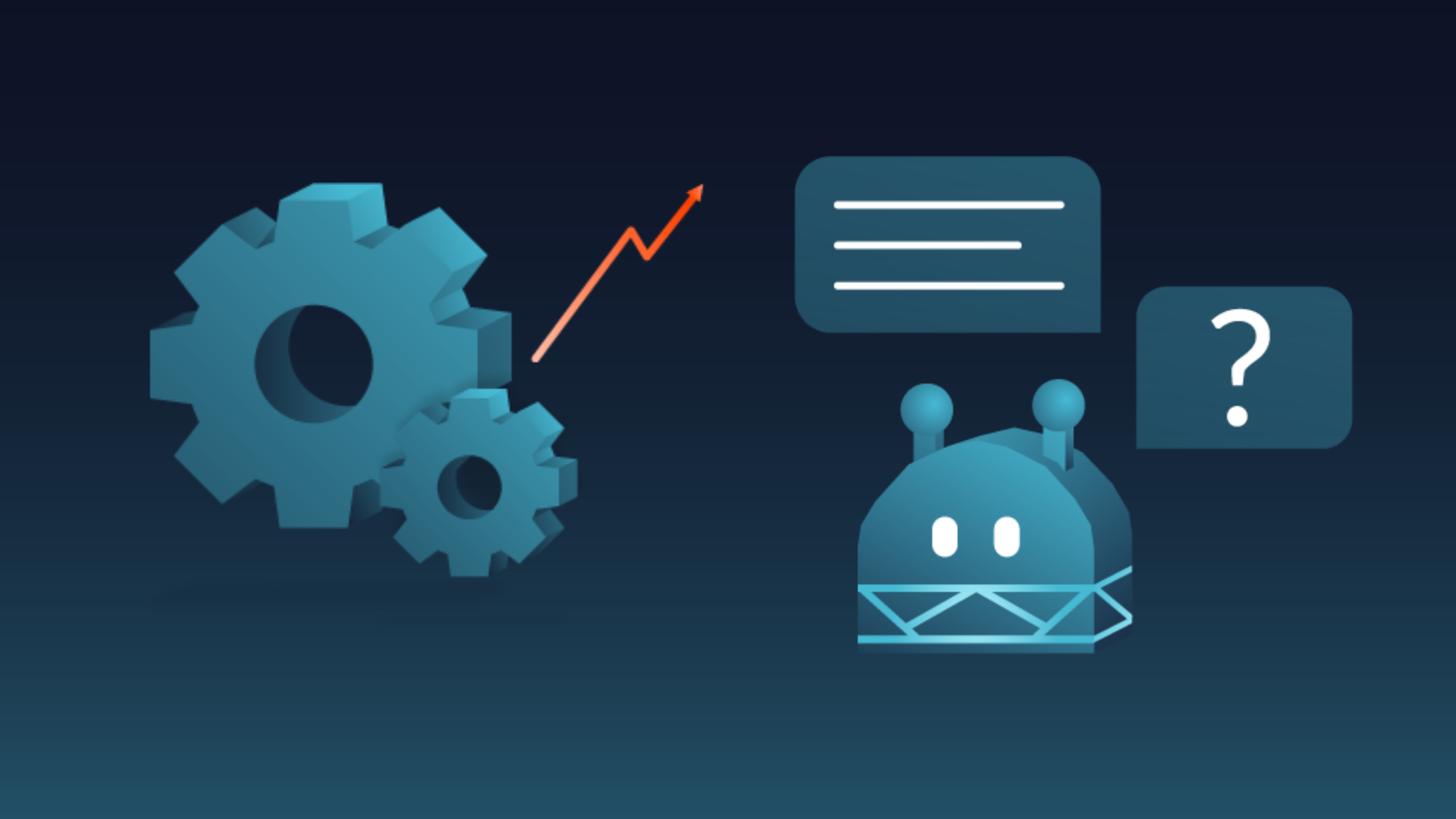There is hardly any place that is as busy as an airport. It is busy at every conceivable hour. International and domestic passengers from a multitude of different countries, cultures and cities stream through the wide corridors of the large halls every second, all with the same intention: to reach their destination as effectively as possible. AI chatbots have proven to be a successful solution for a variety of business sectors in recent years. At airports in particular, there are numerous opportunities to successfully use chatbots to improve the customer:s travel experience and streamline operations. In this article, we explain 4 use cases for deploying chatbots with artificial intelligence at airports.
1. information provision through the entire passenger journey
When it comes to planning a vacation and getting to their dream destination, passengers have a lot of questions. Travelers are impatiently stuck in phone queues and your agents are manually answering repetitive queries. AI chatbots can be used as personal assistants for travelers who have questions about flight times, gate information, baggage claim and other airport services. The chatbots are helpful in navigating the airport by providing travelers with directions to the gate or other facilities. They can also provide information on airport rules and regulations, such as carry-on baggage policies or duty-free policies.
This saves customers stress and gives employees more freedom to respond more precisely and quickly to inquiries that require particularly intensive consultation or are sensitive.
With the help of chatbots, passengers can be supported around the clock throughout the entire passenger journey. This makes it possible to provide full support, from planning and booking to aftercare (e.g., in the event of lost baggage).

2. airport parking management through chatbots
Are customers stressed at the airport and don't know where to take their car or where there is even a free space? And how high is the parking rate?
All parking-related questions can be answered using a chatbot. This allows travelers to get an idea of the parking situation even before they arrive at the airport. This includes the various parking garages and spaces, but also the parking rates or which parking garage is optimal for long-stay parkers or for picking up people.
69% of consumers prefer chatbots because they provide an immediate response.
(Salesforce)
As customers demand answers faster and faster, even at 4:00 a.m. just outside the parking garage, chatbots answer queries with 24-hour availability and do so immediately. These two characteristics set AI apart. According to Salesforce, 69% of consumers prefer chatbots because they provide an immediate response.

3. data analysis and passenger feedback via chatbots
The data obtained from chatbots in the form of analysis of the questions asked and the proactively obtained feedback from the AI chatbots can be used to optimize the service. In the process, user insights are collected so that trends and opportunities for improvement can be identified at an early stage. This, in turn, allows customer:ing needs to be adjusted, based on passenger feedback. The constant influx of questions means that new data is always being generated, which benefits the continuous improvement of the entire airport.

4. chatbots for internal communication with airport employees
What's for lunch in the canteen today? What is the shift schedule for the coming month?
Another practical application of chatbots in the airport sector is internal communication with employees, because AI chatbots not only offer advantages for general customer communication at airports. They can also act as personal assistants for employees, helping them to optimize processes and tasks.
Chatbots also offer a wide range of applications in internal communication. From information about flight times, to personnel planning, to operational processes, there is a lot of scope here. They can also provide training and various materials to keep employees up to date and integrate new employees quickly and easily.
In addition, chatbots can network different departments at the airport to serve as an interface for information exchange.
They can relay information from the security department to ground staff to ensure that all relevant information about potential concerns or changes in security protocols is known.
Especially for personnel, communication in multiple languages is often important, which is why chatbots can process and output both questions and answers in multiple languages. This ensures smooth communication and understanding.
By using chatbots in internal communications, airport operators can improve the efficiency of their workflows and increase the productivity of their employees. Employees have quick access to important information at all times and can focus on meaningful tasks without wasting time and energy searching for information.

Your advantages in a nutshell!
9 out of 10 users would like to contact the company via messages.
(Twilio)
In summary, AI chatbots offer many benefits for airports, from providing information to travelers toimproving internal communication and streamlining workflows. They help increase customer satisfaction, improve service efficiency, and increase employee productivity.
If you are interested in using AI chatbots for your airport, arrange a meeting with our Conversational AI Expert:inside. We'll show you how AI chatbots can improve your operations in a no-obligation demo. Take this opportunity to learn how AI chatbots can help you optimize your airport's customer service in a fully automated way.



